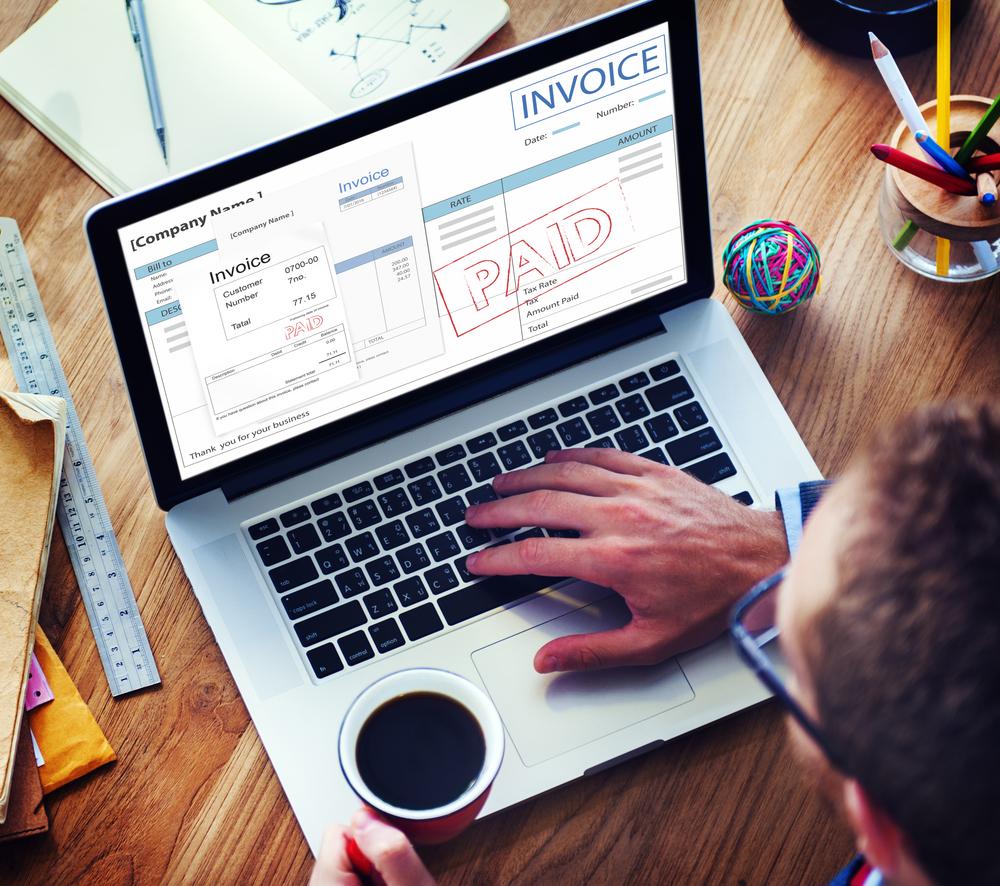Comprehensive Guide to Accounting Software: Features, Variants, and Advantages
Discover the essentials of accounting software, including its features, types, and advantages. This guide explains how these tools streamline financial management, enhance accuracy, and support business growth. Suitable for small startups and large enterprises alike, learn how to choose the right solution for your needs and improve efficiency with user-friendly, secure, and compliant accounting systems.
Comprehensive Guide to Accounting Software: Features, Variants, and Advantages
Accounting software - key features, types, and benefits
In modern business operations, leveraging technology for accounting and financial management is essential. Implementing accounting software helps eliminate tedious paperwork, reducing errors and inefficiencies. These tools are cost-effective and support compliance with legal and internal standards. Even those new to accounting can benefit from user-friendly interfaces that make financial management straightforward and accessible. This article explores the importance of accounting software, its different types, features, and the advantages it offers to businesses of all sizes.

Top accounting solutions in the market
FreshBooks – Known for its simplicity and ease of use, FreshBooks is ideal for small businesses and startups. It offers strong invoicing and time-tracking features. Its affordability and user-friendly design have made it popular worldwide, with over 5 million users.
Netsuite – As a leading enterprise resource planning (ERP) platform, Netsuite simplifies complex financial processes and streamlines back-end operations. Its features include real-time reporting and business intelligence, suitable for companies of all sizes across various industries.
Zoho Books – Zoho Books helps manage cash flow efficiently by tracking income and expenses, managing customer relationships, and monitoring bank activities.
Bitrix24 – Available for free, Bitrix24 manages invoicing, lead scheduling, email marketing, and more. Its premium version offers automation, bulk messaging, and integrated sales and marketing tools, making it versatile for accounting and campaign management.
Key features of accounting software
Accounting management
Invoicing and billing
Budgeting and financial forecasting
Fixed asset management
Payroll processing
Project financial tracking
Fund accounting
Inventory oversight
Advantages of utilizing accounting software
They are user-friendly, enabling those without extensive accounting knowledge to efficiently manage finances and expenses.
Cost-effective solutions eliminate the need for outsourcing financial tasks and reduce errors, ensuring legal and fiscal compliance.
They promote transparency and help prevent costly mistakes.
Most software automates tax calculations and salary payments, supporting regulatory adherence.
Financial data remains secure and easily recoverable in case of data loss.
Categories of accounting software
Billing and invoicing platforms focus on precise financial documentation and streamline transaction processes with high security standards.
Payroll software simplifies salary calculations and ensures compliance with tax laws.
ERP systems are comprehensive, supporting everything from production planning and inventory management to financial monitoring and marketing efforts.










